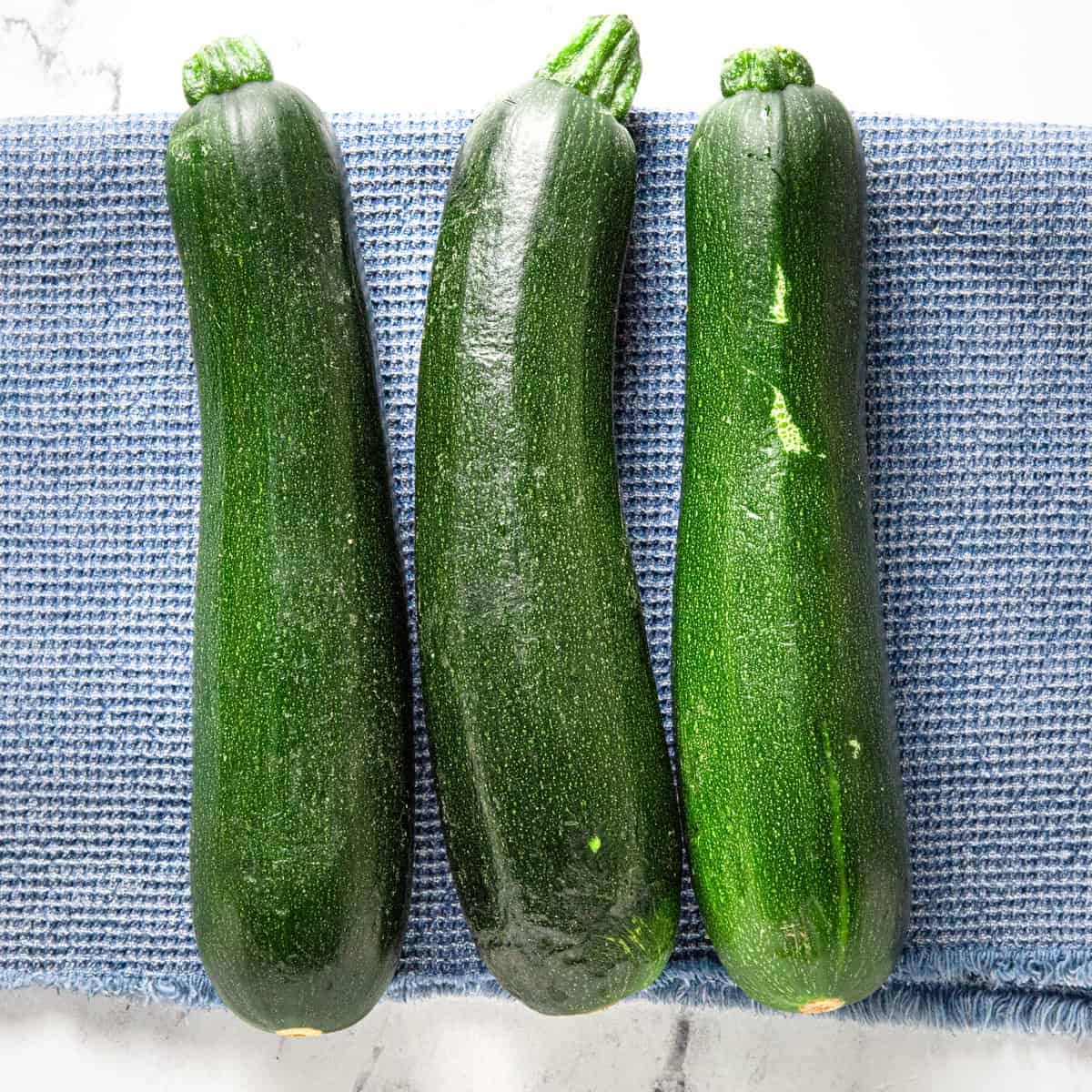

Articles
How To Store Fresh Zucchini
Modified: December 7, 2023
Discover the best methods for storing fresh zucchini with our informative articles. Keep your zucchinis fresh and delicious for longer with our expert tips and tricks.
(Many of the links in this article redirect to a specific reviewed product. Your purchase of these products through affiliate links helps to generate commission for Storables.com, at no extra cost. Learn more)
Introduction
Welcome to our comprehensive guide on how to store fresh zucchini. Zucchini is a versatile and delicious vegetable that can be used in a variety of dishes, from stir-fries to zucchini bread. Whether you’ve harvested an abundance of zucchini from your garden or bought some from the farmers market, proper storage is essential to maintain its freshness and quality for as long as possible.
In this article, we will walk you through the different methods of storing zucchini, including in the refrigerator, at room temperature, and even freezing it for later use. We will also share some valuable tips to help you prolong the shelf life and preserve the flavor of this summer squash. So, let’s dive in and learn how to keep your zucchini fresh and delicious for longer!
Key Takeaways:
- Keep zucchini fresh by storing unwashed in the fridge, wrapped in paper towels. Regularly check for spoilage and use within 1-2 weeks for best quality and flavor.
- Freeze zucchini by blanching and storing in portion sizes. Thaw in the fridge or use directly in cooked dishes for year-round enjoyment.
Read more: How To Store Fresh Picked Zucchini
Choosing the Right Zucchini
When it comes to storing zucchini, selecting the right ones plays a crucial role in extending their shelf life. Here are some tips on choosing the best zucchini:
- Size: Look for zucchini that are small to medium in size. They should be firm yet slightly yielding to the touch. Avoid zucchini that feels mushy or has soft spots.
- Color: Opt for zucchini with vibrant green skin. Avoid zucchini that has dull or yellowish skin, as this may indicate that it is overripe.
- Texture: The skin of the zucchini should be smooth and free from blemishes. Avoid zucchini with cuts, bruises, or wrinkled skin.
- Weight: Select zucchini that feels heavy for their size. This indicates that they are fresh and packed with moisture.
By choosing zucchini that meets these criteria, you are more likely to have fresh and flavorful squash that will last longer in storage.
Storing Zucchini in the Refrigerator
One of the best ways to store freshly harvested or store-bought zucchini is by keeping them in the refrigerator. Follow these steps to store zucchini in the fridge:
- Unwashed: It is important to store zucchini unwashed to prevent moisture and mold growth. Moisture can accelerate spoilage, so leave the zucchini as is until you’re ready to use it.
- Wrap individually: Individually wrap each zucchini in a paper towel or place them in a perforated plastic bag. This helps absorb excess moisture and maintain the optimum humidity level.
- Store in the crisper drawer: Place the wrapped zucchini in the crisper drawer of your refrigerator. The higher humidity in this drawer will help preserve the freshness and texture of the zucchini.
- Check regularly: Inspect the zucchini periodically, removing any that show signs of spoilage. Use the zucchini within one to two weeks for the best quality and flavor.
Remember not to overcrowd the crisper drawer, as proper air circulation is crucial for maintaining freshness. If you have a large quantity of zucchini, you can also store them in the refrigerator’s main compartment, but be sure to provide adequate ventilation.
Storing zucchini in the refrigerator helps slow down the ripening process and keeps the vegetable fresh for a longer period.
Storing Zucchini at Room Temperature
If you prefer to keep your zucchini outside of the refrigerator, you can store it at room temperature. However, keep in mind that the shelf life of zucchini stored at room temperature is shorter compared to refrigerated zucchini. Follow these guidelines to store zucchini at room temperature:
- Choose fresh zucchini: Select zucchini that is firm and without any blemishes or signs of damage. Fresh zucchini will have a vibrant green color and feel slightly smooth to the touch.
- Keep them dry: Make sure the zucchini is dry before storing to prevent mold growth. If the zucchini is damp, gently pat it dry with a paper towel.
- Place in a cool, well-ventilated area: Find a cool spot in your kitchen that has good air circulation. Avoid areas that receive direct sunlight or are exposed to heat sources, as this can cause the zucchini to spoil more quickly.
- Do not wash or stack: Just like when storing zucchini in the refrigerator, it’s best to leave them unwashed. Stacking or crowding the zucchini can lead to bruising and faster spoilage.
- Check regularly: Inspect the zucchini regularly for any signs of spoilage. Use them within a few days for the best flavor and texture.
Remember, storing zucchini at room temperature is suitable for short-term storage. If you live in a hot and humid climate, it is advisable to refrigerate the zucchini to extend its freshness.
Store fresh zucchini in a perforated plastic bag in the refrigerator crisper drawer. It will stay fresh for up to a week. Avoid washing until ready to use to prevent moisture buildup.
Freezing Zucchini
Freezing zucchini is a convenient way to preserve this versatile vegetable for future use. Here’s how you can freeze zucchini:
- Prepare the zucchini: Start by washing the zucchini thoroughly and cutting off both ends. If desired, you can peel the zucchini, although it is not necessary. Cut the zucchini into slices or cubes, depending on how you plan to use them later.
- Blanching: Blanching helps preserve the texture, color, and nutrients of the zucchini. Bring a pot of water to a boil and prepare an ice bath in a separate bowl. Submerge the zucchini in the boiling water for one to two minutes, then quickly transfer them to the ice bath to cool down. Drain the zucchini well after blanching.
- Packaging: Divide the blanched zucchini into portion sizes that you will likely use in one recipe. Place them in freezer-safe containers or resealable plastic bags. Squeeze out any excess air to prevent freezer burn and seal the containers tightly.
- Label and freeze: Label the containers with the date and contents and place them in the freezer. The zucchini can be stored for up to six months.
When you’re ready to use the frozen zucchini, simply thaw them in the refrigerator overnight or use them directly in cooked recipes without thawing. Frozen zucchini is great for adding to soups, stews, stir-fries, or even baking.
Note that after thawing, the texture of the zucchini might become softer, so it’s best to use them in dishes where the texture is less important, such as cooked dishes rather than raw salads.
Freezing zucchini is an excellent way to reduce waste and enjoy this versatile vegetable all year round.
Read more: How To Store Zucchini
Tips for Prolonging Zucchini Freshness
To extend the freshness and shelf life of your zucchini, here are some tips to keep in mind:
- Avoid washing until ready to use: Zucchini has a high water content, so keeping them dry helps prevent moisture buildup and mold growth. Avoid washing the zucchini until you’re ready to cook or consume them.
- Store the stems intact: Cutting off the stems prematurely can cause the zucchini to deteriorate more quickly. Keep the stems attached until you’re ready to prepare the zucchini.
- Separate from ethylene-producing fruits: Zucchini is sensitive to ethylene gas, which is produced by certain fruits like apples, bananas, and tomatoes. Store zucchini separately from these fruits to prevent premature spoilage.
- Handle with care: Zucchini can bruise easily, leading to faster spoilage. Handle them gently and avoid dropping or stacking them to minimize the risk of bruising.
- Use older zucchini first: If you have multiple zucchinis at different stages of freshness, it’s best to use the older ones first. This helps prevent any of them from going bad before you have a chance to use them.
- Don’t store near strong-smelling foods: Zucchini easily absorbs odors, so keep them away from strong-smelling foods like onions and garlic to maintain the original flavor and aroma.
- Consider pickling or canning: If you have an abundance of zucchini, consider pickling or canning them to preserve their freshness and flavor for an extended period. This is a great way to enjoy zucchini during the off-season.
By following these tips, you can maximize the freshness and quality of your zucchini, ensuring that they stay delicious and ready for your culinary creations.
Conclusion
Properly storing fresh zucchini is essential to maintain its flavor, texture, and nutritional value. Whether you choose to store it in the refrigerator, at room temperature, or freeze it for future use, implementing the right storage techniques can significantly prolong its freshness.
When selecting zucchini, opt for firm, vibrant green ones that are free from blemishes and bruises. Storing unwashed zucchini and wrapping them in paper towels or placing them in perforated plastic bags helps absorb excess moisture and maintain the optimum humidity level. Remember to regularly check and remove any spoiling zucchini to prevent them from affecting the others.
If you decide to store zucchini at room temperature, find a cool, well-ventilated area in your kitchen. However, refrigeration is the preferred method for extended storage. Blanching and freezing zucchini is an excellent way to preserve them for longer periods, with the option to use them in various cooked dishes.
By incorporating these storage techniques into your routine and following the additional tips provided, you can enjoy fresh and delicious zucchini for longer, reducing waste and maximizing your culinary options. So go ahead and enjoy the versatility of this wonderful summer squash!
Frequently Asked Questions about How To Store Fresh Zucchini
Was this page helpful?
At Storables.com, we guarantee accurate and reliable information. Our content, validated by Expert Board Contributors, is crafted following stringent Editorial Policies. We're committed to providing you with well-researched, expert-backed insights for all your informational needs.
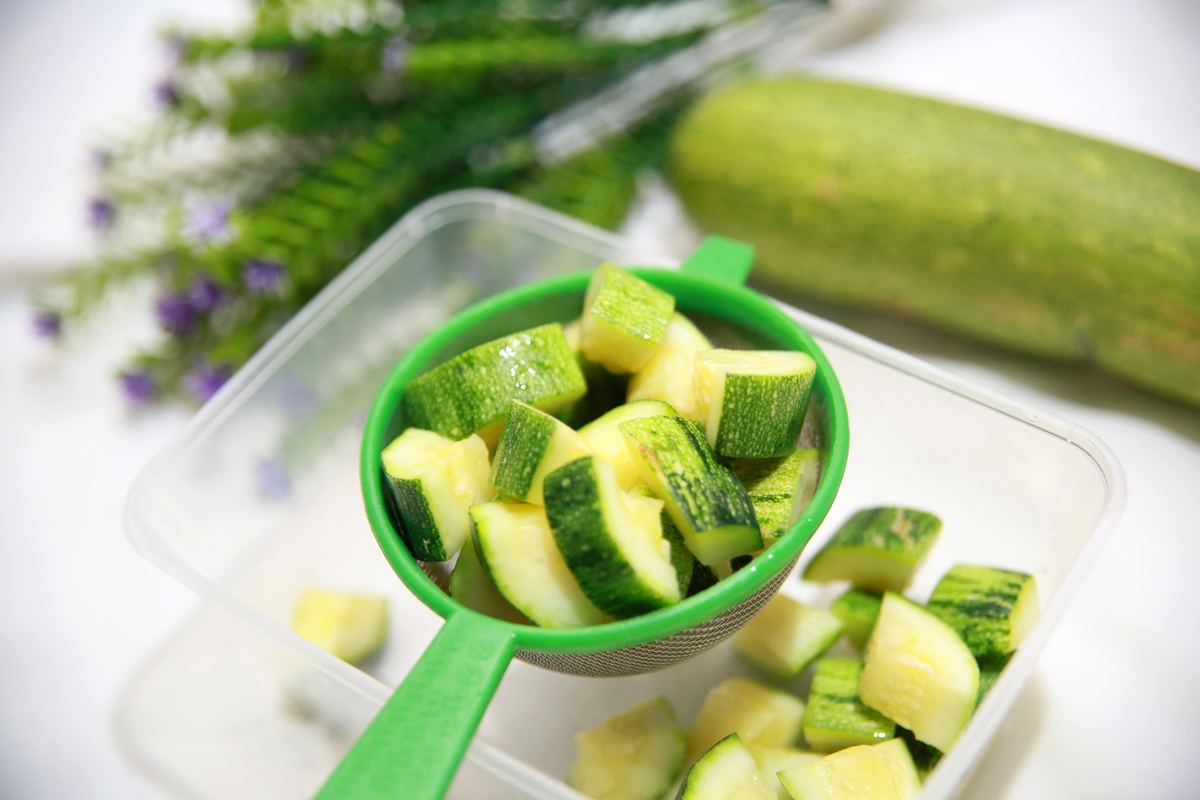
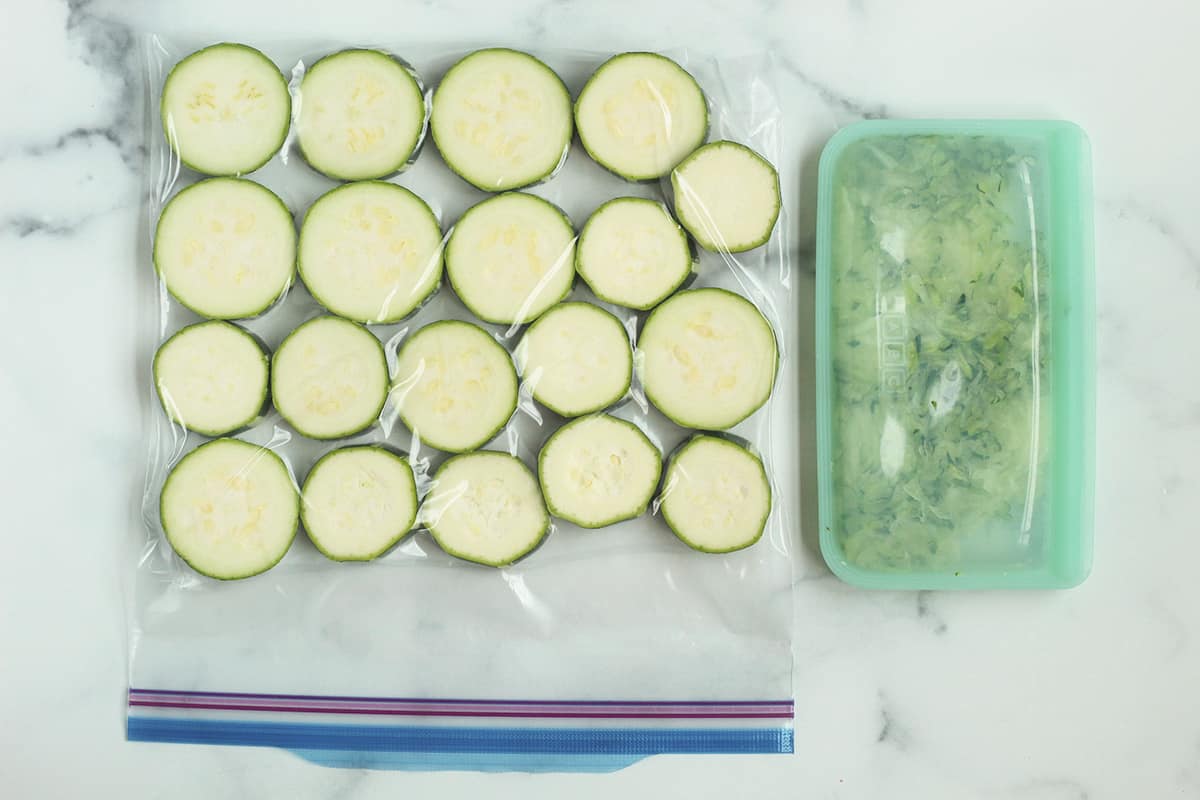

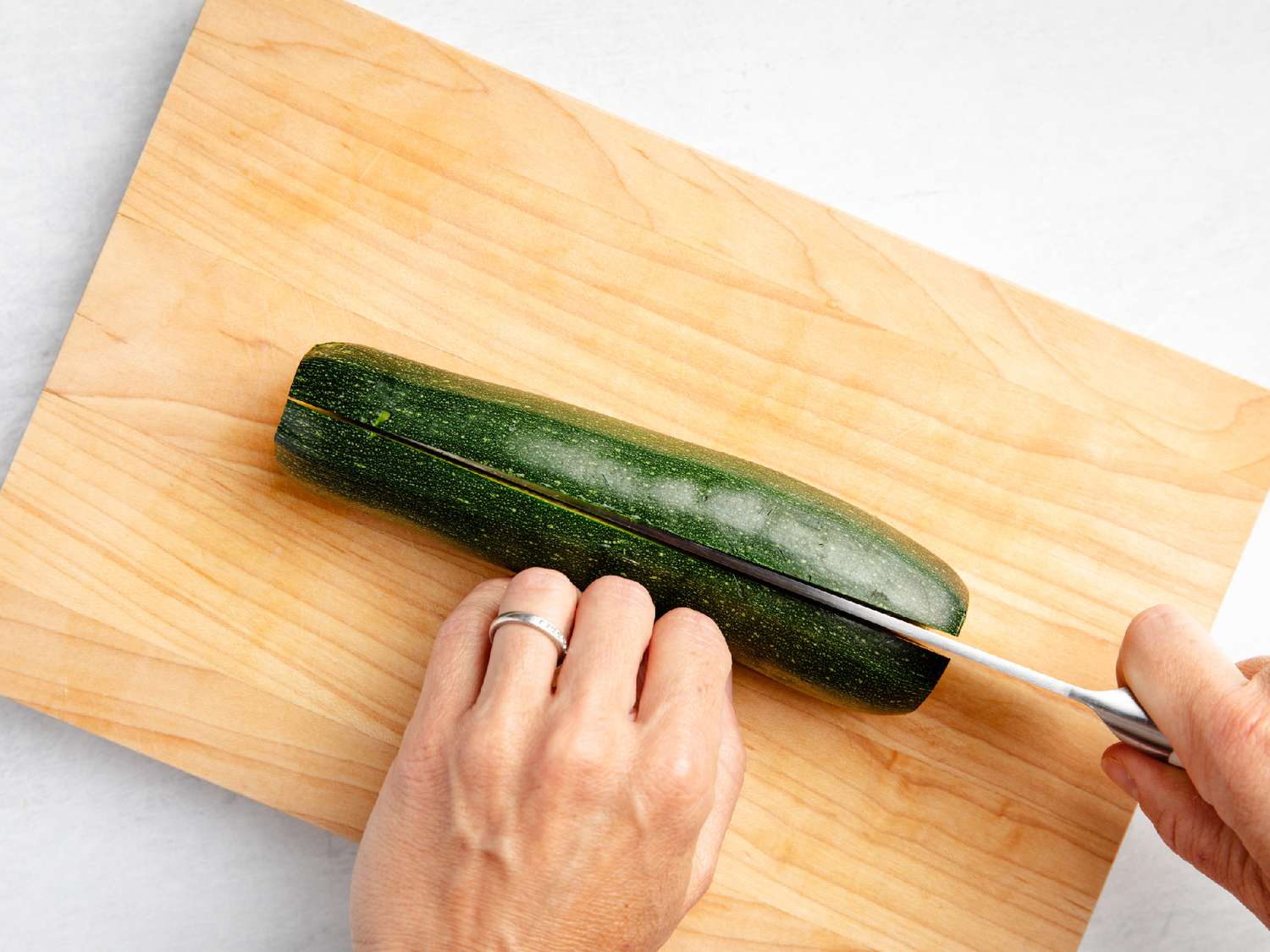
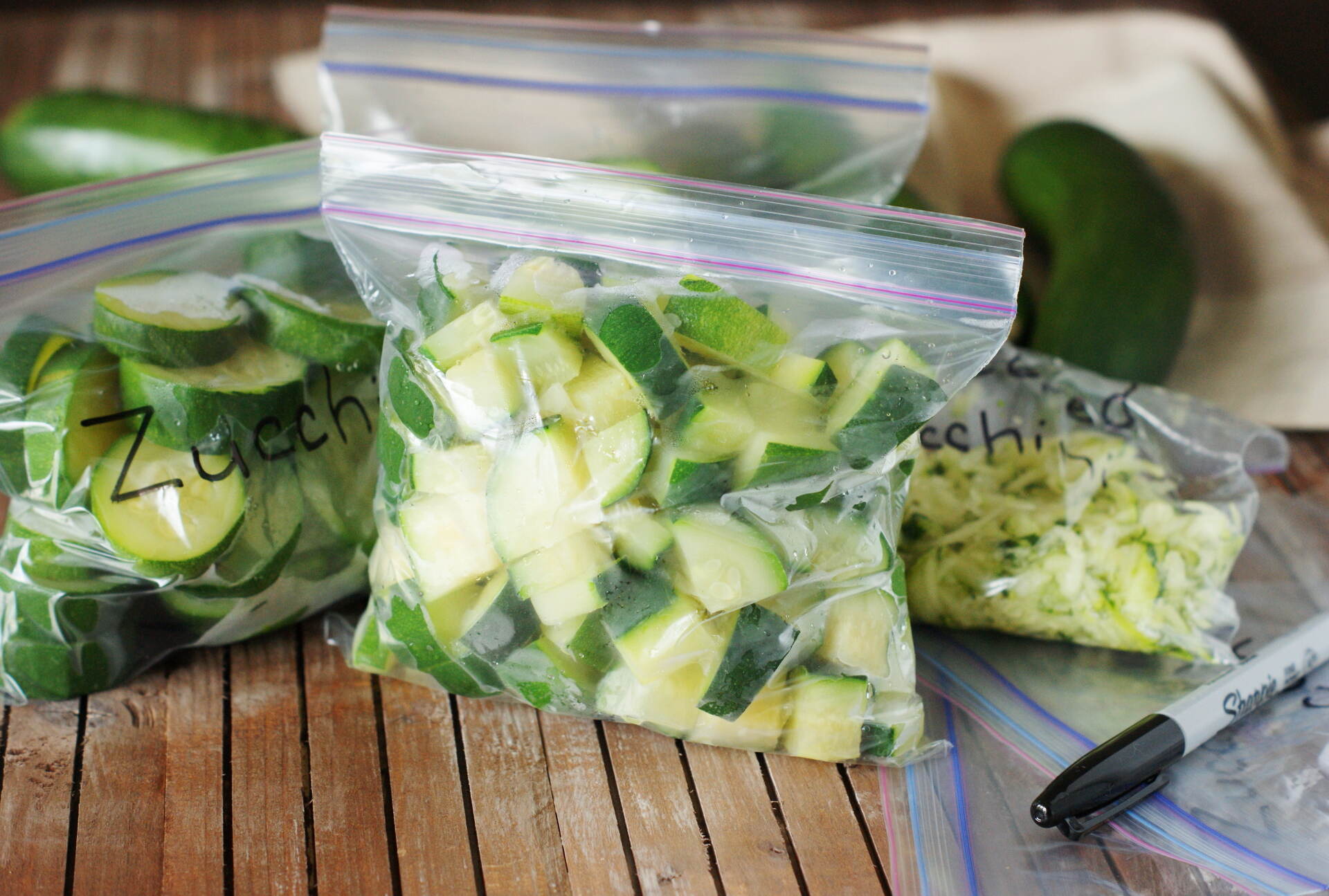

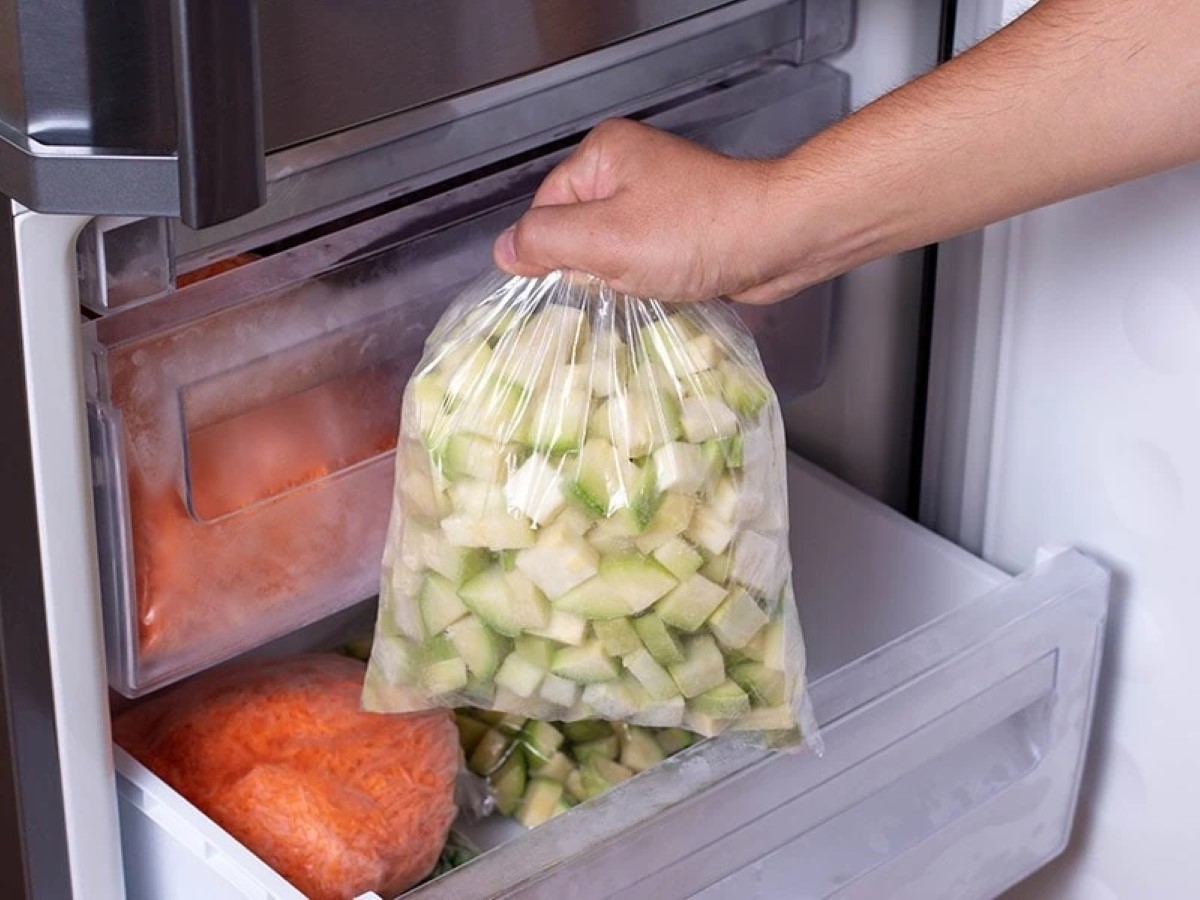
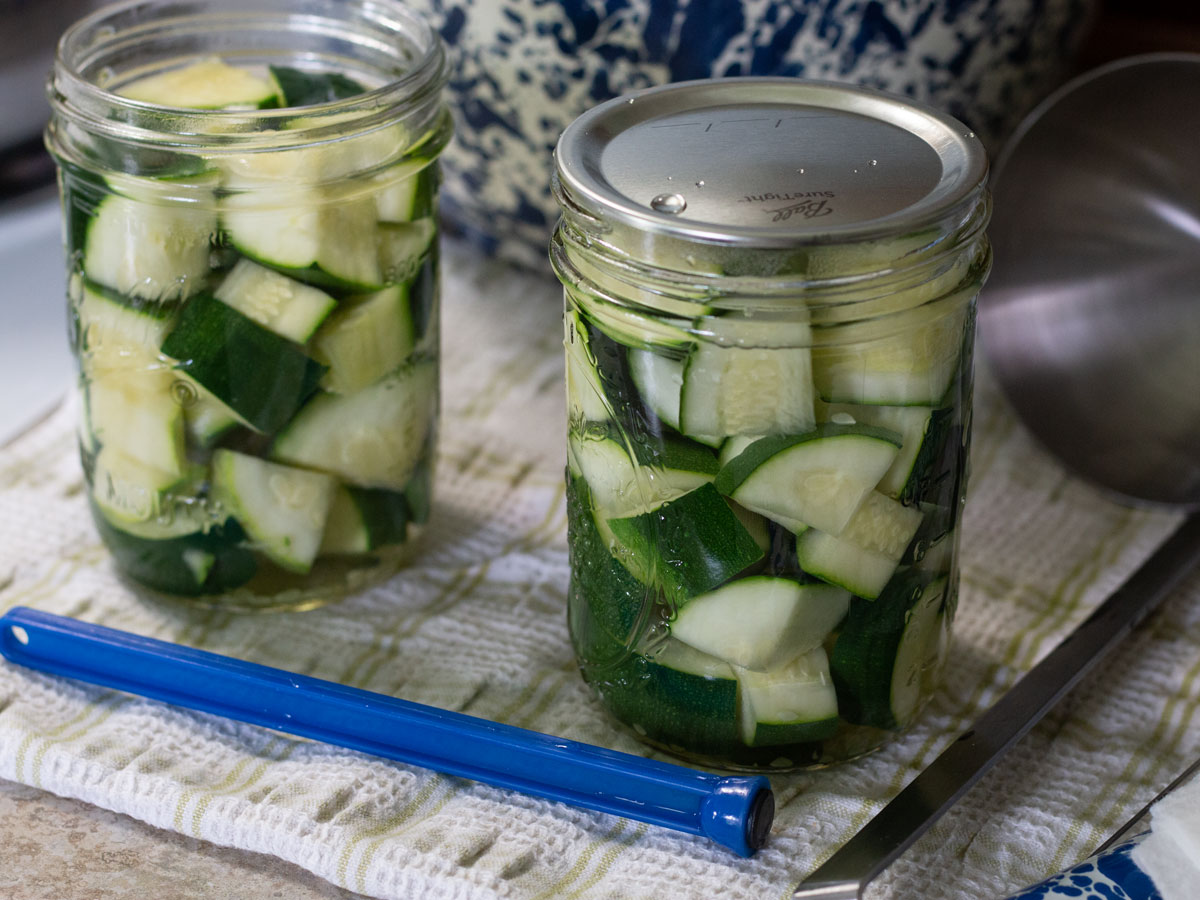
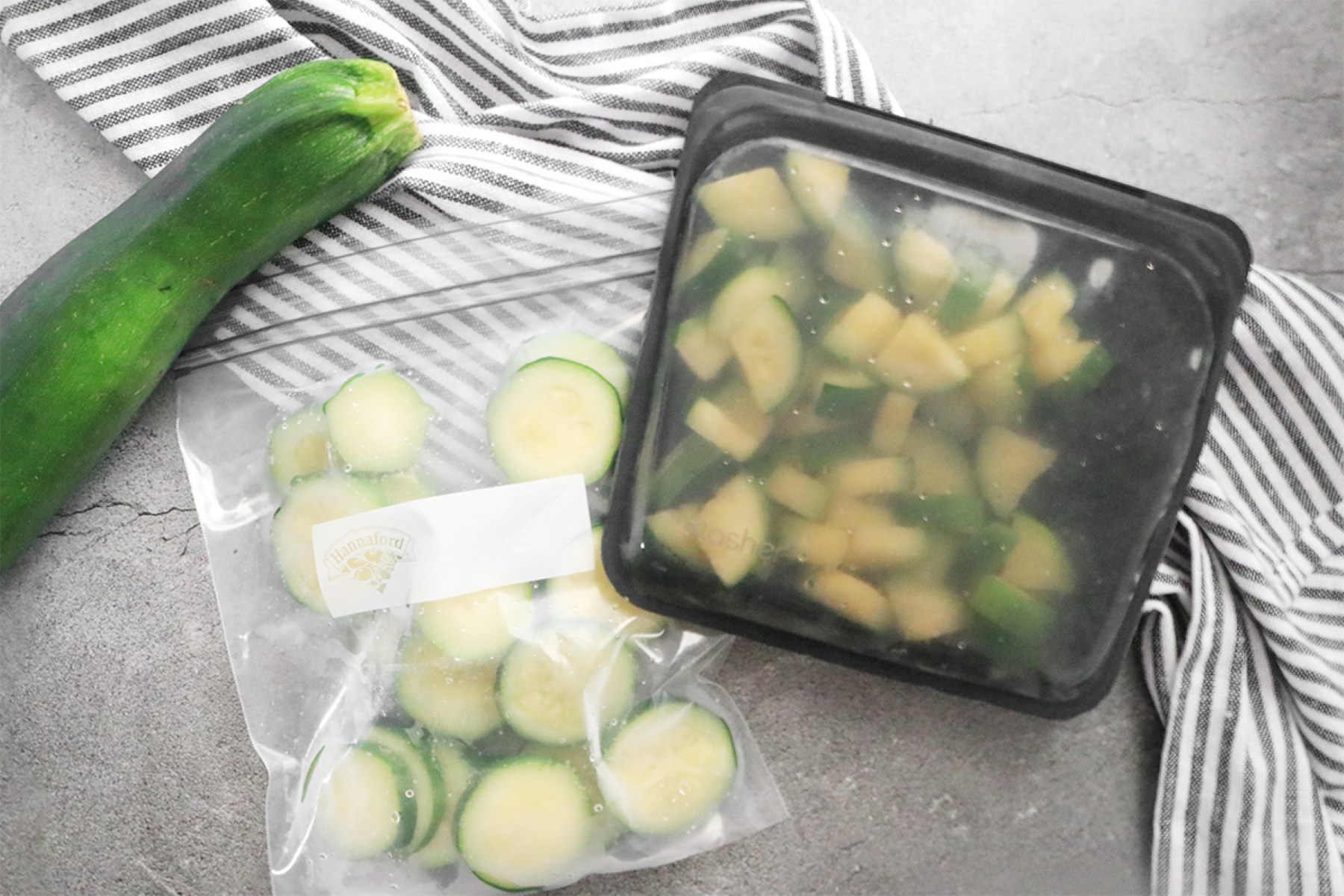


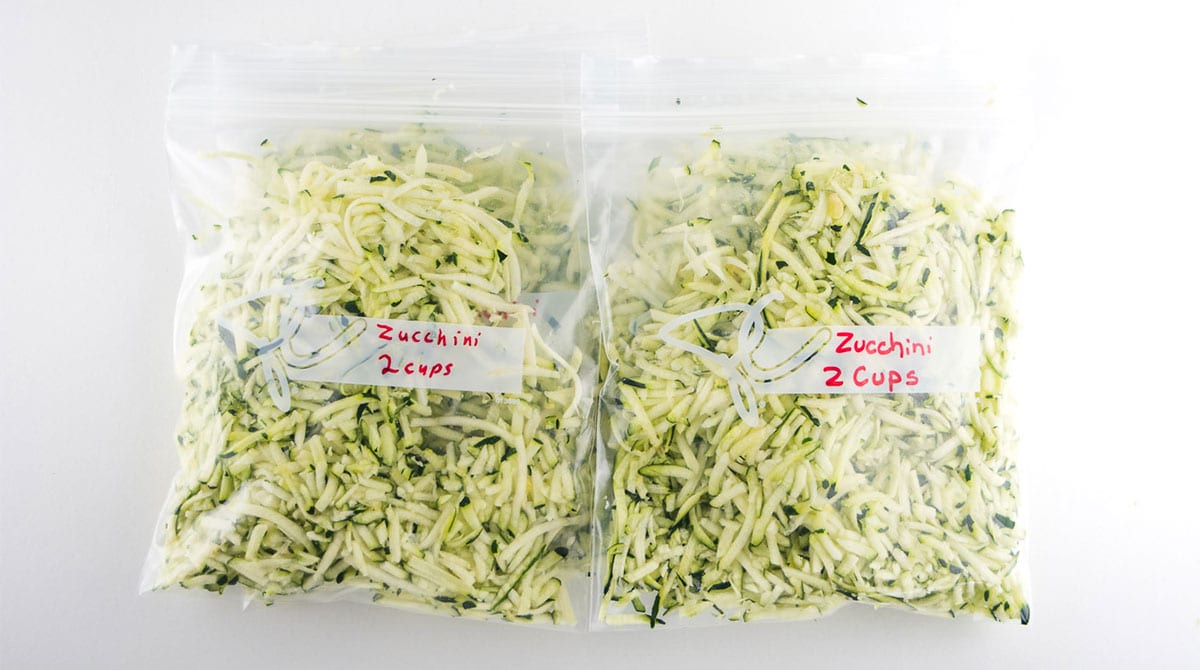
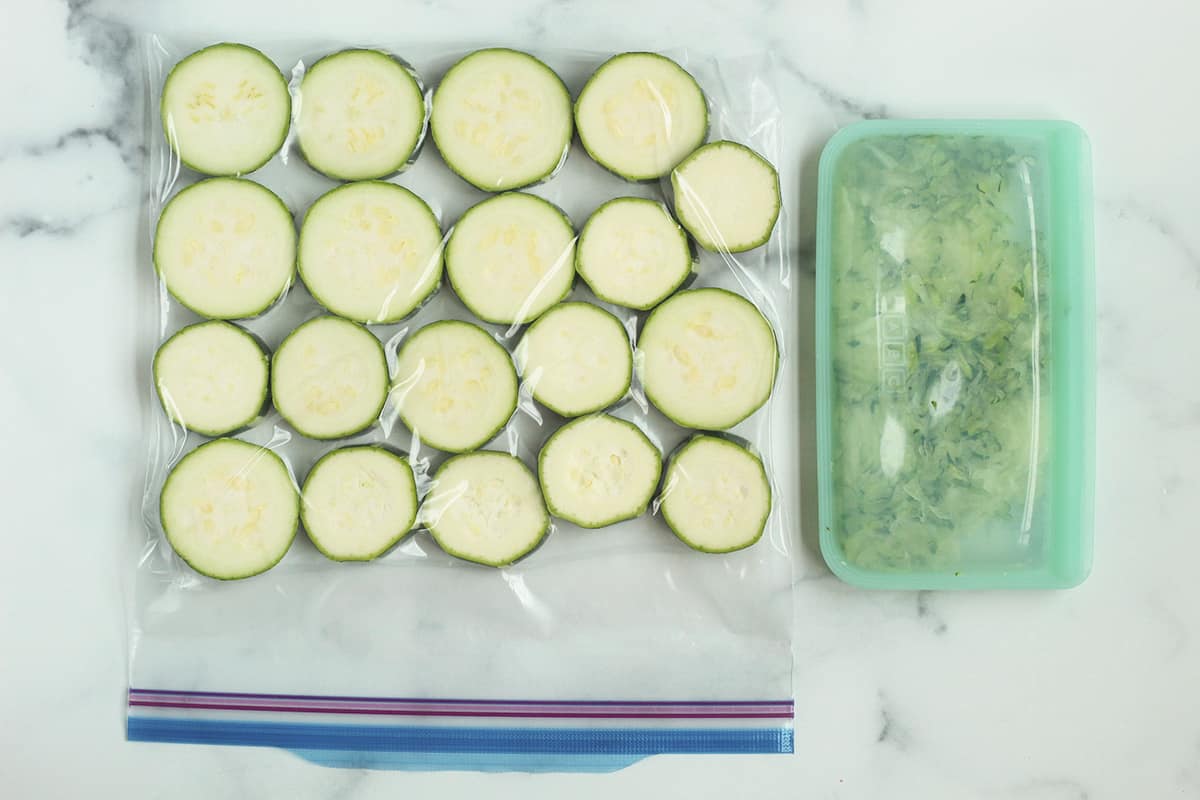


0 thoughts on “How To Store Fresh Zucchini”